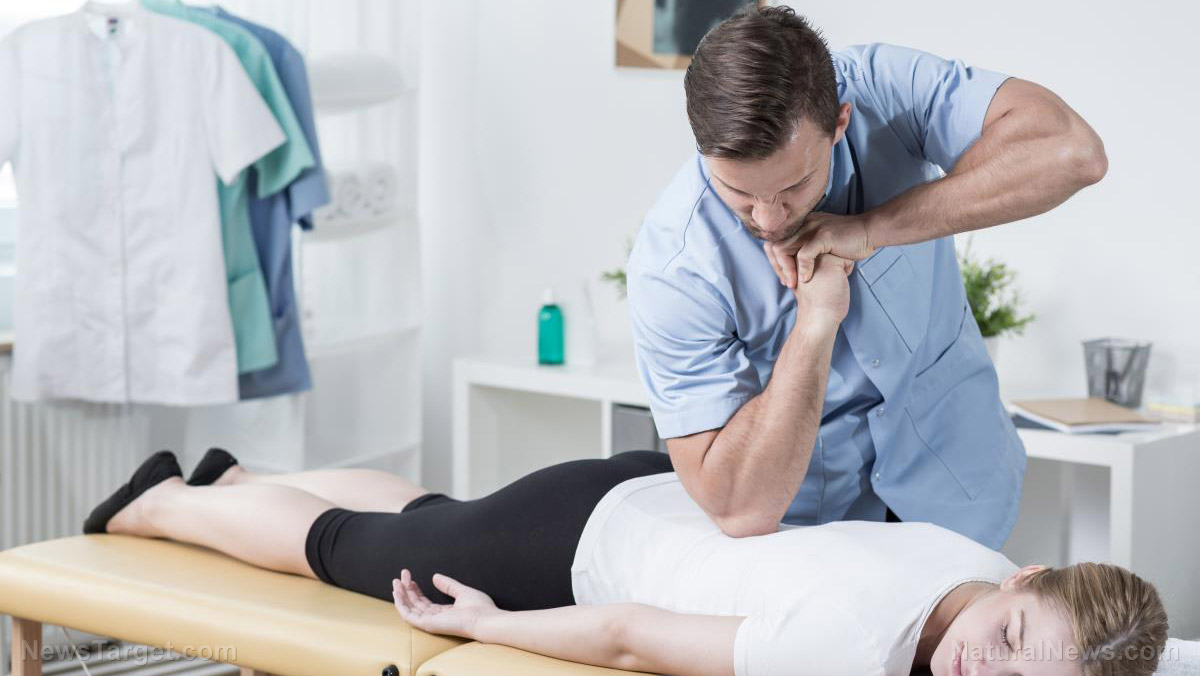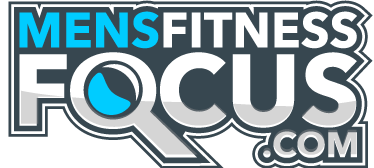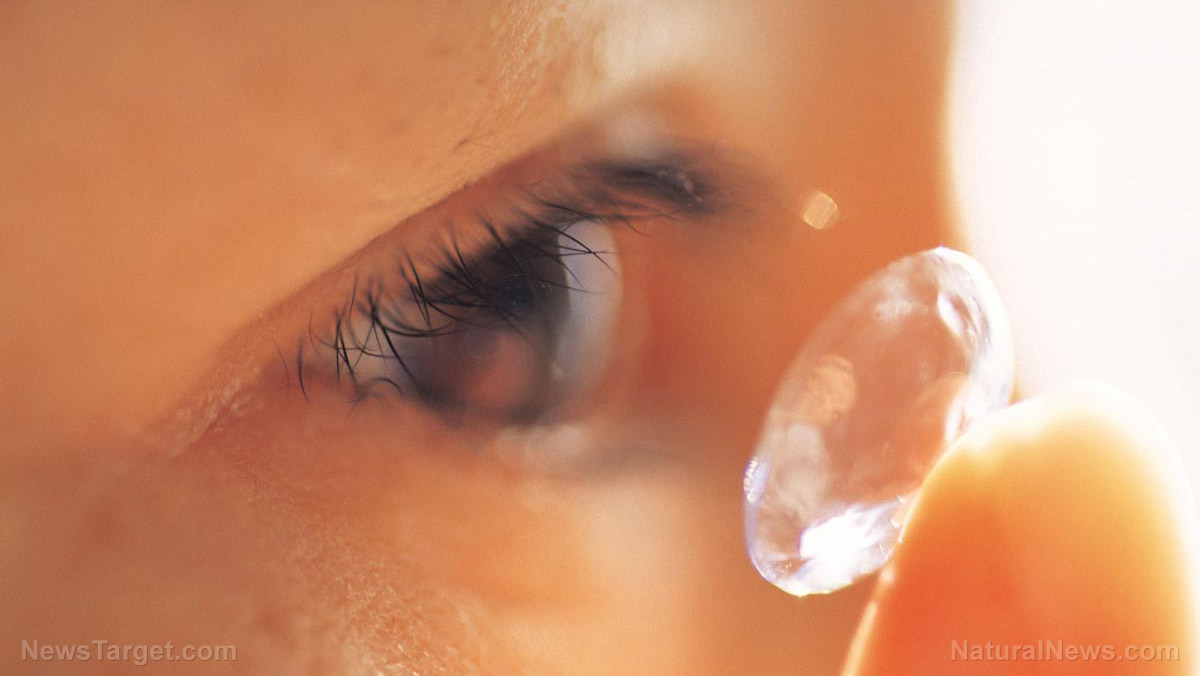Massages may be better for lower back pain than pills, research finds
08/27/2018 / By Frances Bloomfield

Forget the pill, a massage is the better option for that kink in your back. A study has shown that clinical massage therapy can effectively alleviate lower back pain. According to researchers from the University of Kentucky Department of Family and Community Medicine, more than 50 percent of the participants who received massages experienced significant improvements in their lower back.
In this study led by Drs. William Elder and Niki Munk, 104 patients were referred by primary care physicians to community practicing licensed massage therapists. Each patient underwent 10 massage sessions. Researchers noted each patient’s different characteristics that could affect the outcome of the massage sessions, such as which patients were taking opioids.
The results of the massage sessions were measured through the Oswestry Disability Index (ODI), a tool used by disability evaluators and researchers to assess a patient’s permanent functional disability. The test is comprised of a set of 10 multiple choice questions and the final score is used to determine the severity of a patient’s disability. Questions include queries about the a patient’s walking ability, their social life, and their ability to lift weights.
The researchers of the study discovered that patients with varying physical factors were affected differently by massage therapy. Obese patients, for example, showed improvements in ODI measurements 12 weeks after, yet failed to maintain these changes at 24 weeks. Older patients who were born during the post-World War 2 baby boom and earlier were more likely to experience positive changes and retain them in the 24 weeks following massage therapy. (Related: Massage outperforms meds for low back pain, study finds.)
“The study can give primary care providers the confidence to tell patients with chronic low back pain to try massage, if the patients can afford to do so,” stated Munk, assistant professor of health sciences in the School of Health and Rehabilitation Sciences at Indiana University-Purdue University Indianapolis and a co-first author of the study. Munk has indicated that, while the results have been promising, much more work is needed to be done. “The fact of the matter is that chronic lower back pain is very complex and often requires a maintenance-type approach versus a short-term intervention option.”
Aside from relieving tension from the body, massage therapy has been shown to more effective at treating lower back pain than medication. Back pain researchers at the George Institute for Global Health in Australia have discovered that anti-inflammatory drugs can do more harm good. According to an article published on Science Daily, anti-inflammatories offered highly limited short-term pain relief.
Lead author Associate Professor Manuela Ferreira has gone on to state, “[Anti-inflammatories] do reduce the level of pain, but only very slightly, and arguably not of any clinical significance.” Ferreira then added, “When you factor in the side effects which are very common, it becomes clear that these drugs are not the answer to providing pain relief to the many millions of Australians who suffer from this debilitating condition every year.”
The researchers found that patients who were taking anti-inflammatories were 2.5 times more likely to experience gastrointestinal problems that included bleeding and stomach ulcers.
Though studies have shown massage therapy to an efficient pain reliever, it is not covered by insurance. Munk has called it an “out-of-pocket cost” and then went on to say, “Generally, people wonder if it is worth it. Will it help avoid back surgeries, for example, that may or may not have great outcomes? These are the types of analyses that we hope will result from this study.”
Read more natural ways to relieve your pain at HealingArts.news.
Sources include:
Tagged Under: alternative medicine, anti-inflammatory, back pain, lower back pain, massage, massage therapy, natural cures, natural remedies, Natural Treatments



















